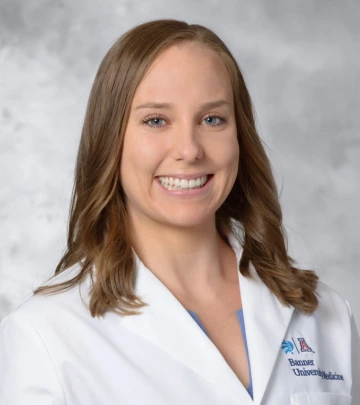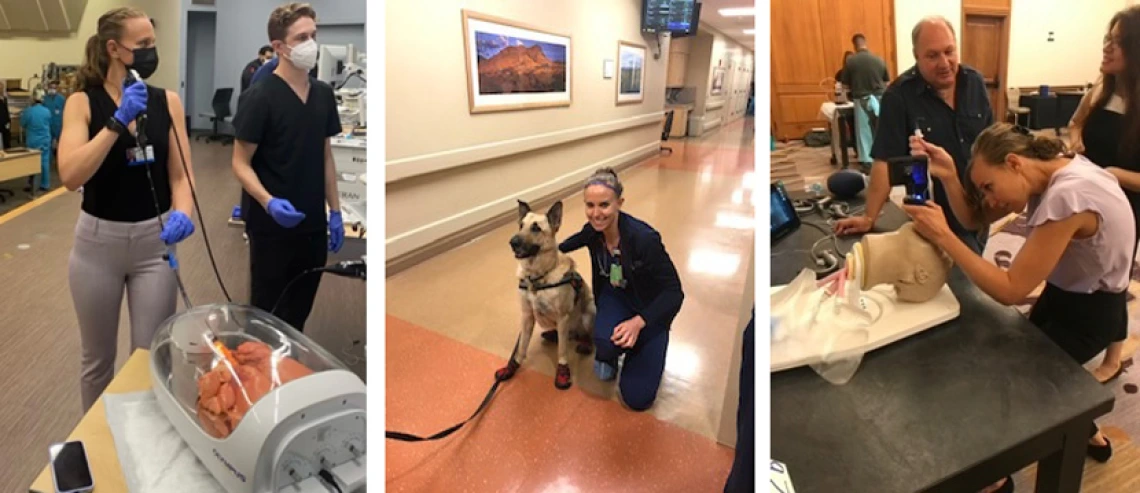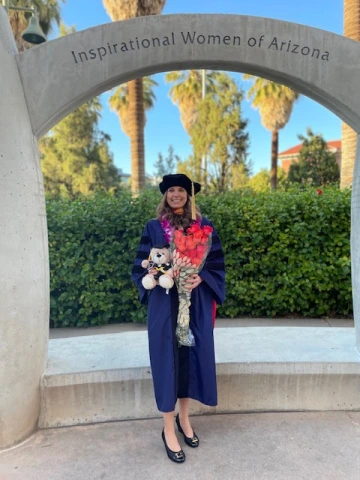
Recognizing Nurses With a Focus on Acute Care
We discuss one of Arizona Online's best online nursing programs that focuses on an Acute Care Nurse Practitioner (ACNP) specialty, the Doctor of Nursing Practice with a specialization in Adult-Gerontology Acute Care Nurse Practitioner (AGACNP).
What Is an Acute Care Practitioner?
Acute Care Nurse Practitioners (ACNP) focus on patients who require unique and individualized care, often based on the patient’s health, age, and other factors or needs. The type of critical care an ACNP provides can include palliative, restorative, rehabilitative, supportive, and end-of-life care.
The Online NP Acute Care program is intended for registered nurses who hold a Bachelor of Science (BS) or Master of Science (MS) in Nursing and want to work with patients who have critical conditions and acute illnesses. Acute Care Nurse Practitioners typically work in emergency rooms, nursing homes, and inpatient units.
What Skills Do You Need To Be a Nurse in Acute Care?
You must be highly trained and experienced to become an acute care nurse. This is because acute care nurses focus on caring for patients with immediate and severe medical needs. These needs can come from surgery, illnesses, injuries, and complex medical conditions. Skills you need to have as an acute care nurse include administering blood and blood product transfusions or intravenous infusions and managing patient pain relief and sedation. Also, monitoring patient responses and changing care plans accordingly.
Steps Required to Become an ACNP
It takes about six to eight years to become an ACNP with a master's level degree in Acute Care required. Earning an Adult-Gerontology Acute Care Nurse Practitioner (AGACNP) graduate certificate is also recommended.
- Become a Registered Nurse - the first step to becoming an ACNP is to earn a Bachelor of Science in Nursing (BSN from an accredited nursing program, which typically takes four years. The final step is passing the National Council Licensure Examination (NCLEX) before getting a nursing license. State regulatory boards use the exam to determine if candidates qualify for nursing licensure. Candidates take the NCLEX for practical nurses (PNs) or NCLEX for registered nurses (RNs), depending on their career ambitions. Every state requires that future nurses first pass the exam.
- Complete Graduate Program Degree - such as Adult-Gerontology.
- Become Licensed In Your State as an APRN - to work as an ACNP legally; nurses will need to maintain their RN license while also gaining their APRN license. After completing their MSN or DNP program, nurses must also get the proper ACNP board certification in their chosen specialty.
What is the difference between acute and critical care?
Acute care includes short-term medical care for serious injuries or illnesses. It also includes acute surgical procedures like appendectomies, tissue removals, gallbladder removals, and other routine but critical surgical procedures. Typically, critical care units focus on providing treatment and surgical care for life-threatening injuries requiring long-term hospital stays.
Meet an AGACNP Graduate
Amanda Katherine Zeagler was born and raised in Tucson, AZ. Amanda graduated with a BS in Nursing from Northern Arizona University in 2016, and immediately started her nursing career at Banner University Medical Center in the Surgical Trauma Intensive Care Unit.
Amanda decided to earn her AGACNP with the University of Arizona Online because, as an Acute Care Nurse Practitioner, Amanda knew she would have the opportunity to contribute to society, patient care, education, and research.
“Acute Care Nurse Practitioners work in collaboration and are a part of multi-disciplinary teams that focus on meaningful patient-centered outcomes. The opportunity to be a part of scientific discovery, education, and clinical excellence is truly amazing and rewarding!” says Amanda.

Amanda Katherine Zeagler
The University of Arizona College of Nursing was highly recommended to Amanda, and it was important to her to enroll in an online program that is accredited and nationally recognized.
Amanda graduated in December 2021 and joined the Pulmonary Critical Care Team at Banner University Medical Center.

Amanda Katherine Zeagler gaining hands-on experience in the AGACNP program.
What is the difference between a Family Nurse Practitioner (FNP) or Primary Care Nurse Practitioner and an Acute Care Nurse Practitioner (ACNP)?
Acute Care Nurse Practitioners provide care to patients experiencing chronic, complex, or critical illnesses that are physiologically unstable or technologically dependent.
Primary Care Nurse Practitioners provide long-term relationship care with their patients. Primary Care Nurse Practitioners screen, diagnose, and treat common acute and chronic medical diseases and conditions.
Each nurse practitioner is educated, certified, and licensed in their respective specialty.
AGACNP Career Outcomes
According to the US Bureau of Labor Statistics, the employment of nurse practitioners is projected to grow 45% from 2020 to 2030. Combine this career field trajectory with the size of the baby boomer generation – ages 76 and older – reshaping America’s older population and acute care in gerontology is on track to become a robust and in-demand specialty.
According to ZipRecruiter, the median annual salary for an ACNP nationally is $121,877 and $120,146 in Tucson, Arizona.
The AGACNP program is elite! The faculty are committed to the success of the students.
The faculty listen and are always focused on improving the program to ensure we have the knowledge and skills necessary to be competent and safe providers,” articulates Amanda.
LEARN MORE ABOUT THE ADULT-GERONTOLOGY ACUTE CARE NURSE PRACTITIONER DNP

Amanda Katherine Zeagler at her University of Arizona convocation.








